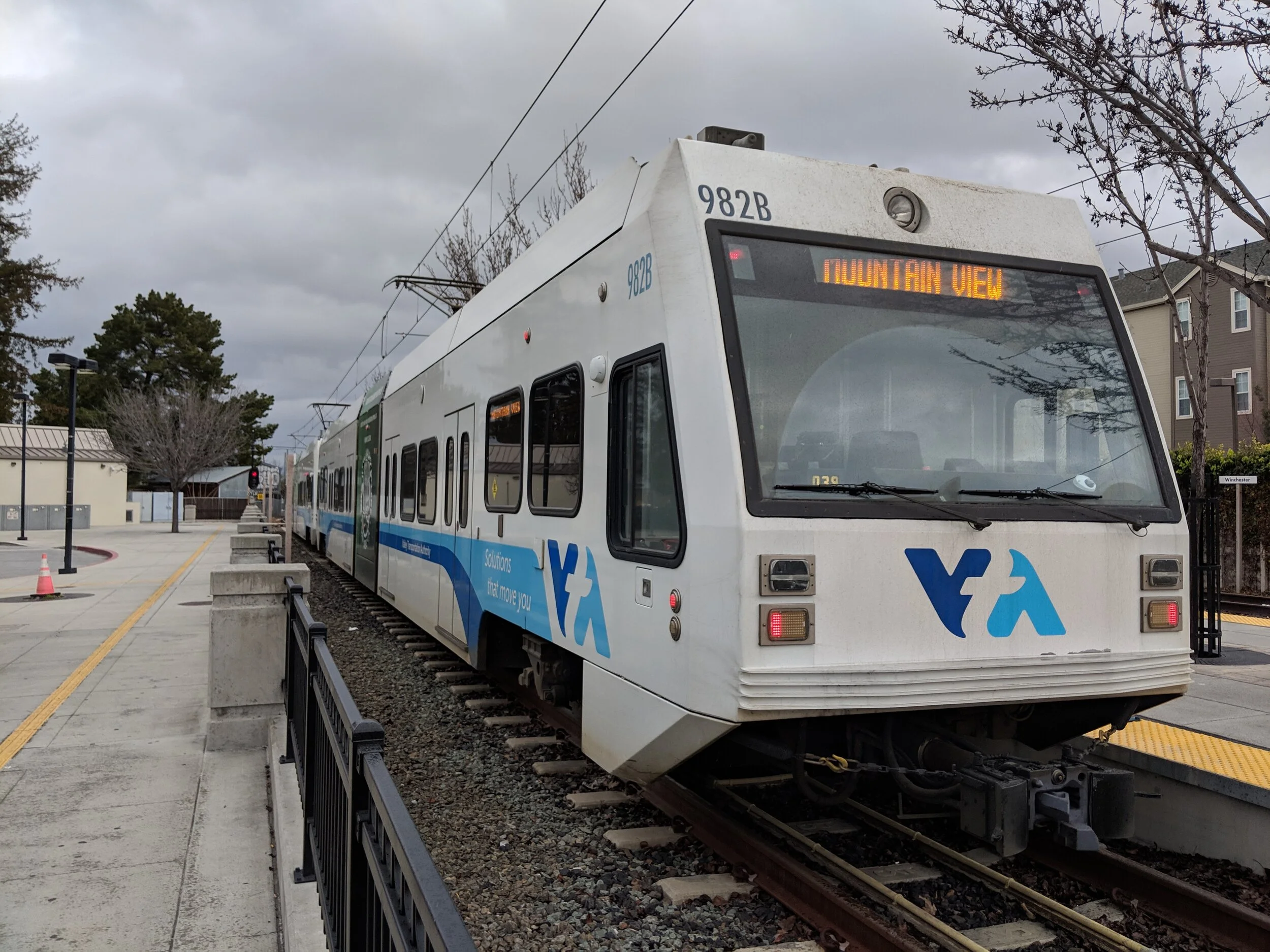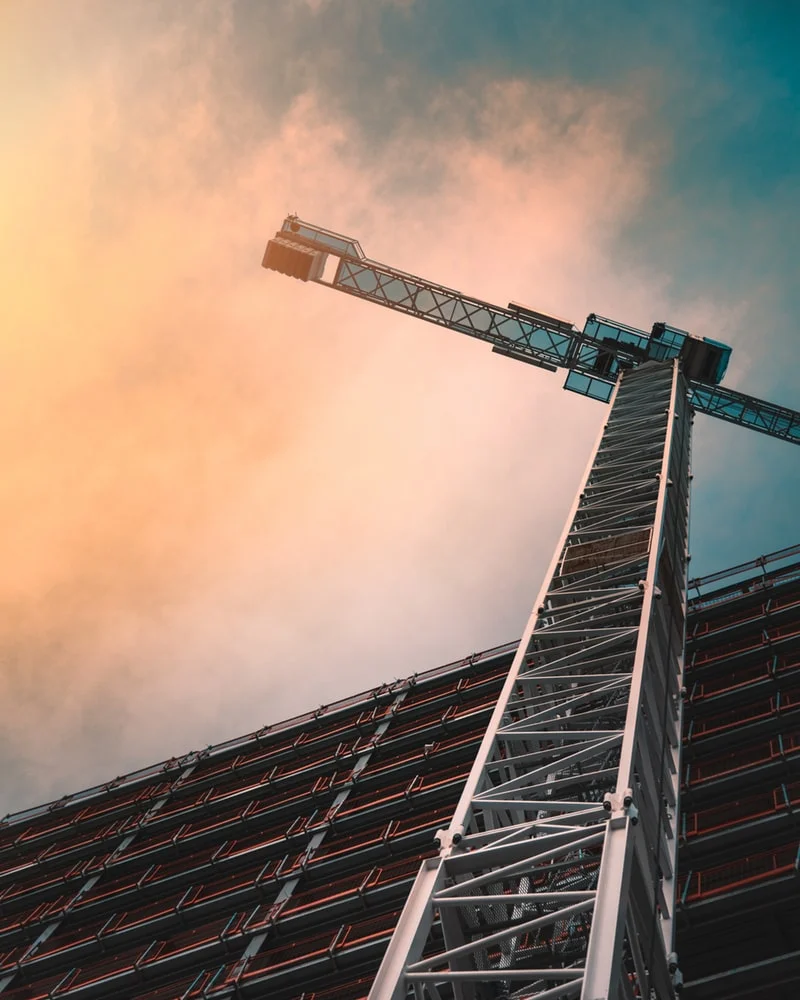Many people think that increased efficiency and economies of scale in the housing market are the key to affordability. However, these benefits are not actually appearing. We do need innovation, but not in the form of new interest rate manipulations or complex securitization schemes.
Read MoreTiffany Elder is a licensed general contractor, realtor and real estate investor/developer in Durham, North Carolina. She joins this episode of The Bottom-Up Revolution to discuss her career path, how her various roles intersect, and the challenges and opportunities she’s faced.
Read MoreSeth Zeren, a neighborhood developer and founding member of Strong Towns, joins this week’s episode of The Bottom-Up Revolution to talk about his experiences as an incremental developer with a midsize real estate firm.
Read MoreFamily Dollar is shutting down many of its urban stores, while Dollar General is expanding in rural areas. This week’s episode explores the reasons behind their differing success and the effect dollar stores have on neighborhoods.
Read MoreHabitat for Humanity offers a wide range of programs to help people become homeowners, giving the organization a unique perspective on the housing crisis. Strong Towns sat down with two representatives to learn about this perspective, including how Habitat is handling high building costs and why Habitat owners participate in the construction of their homes.
Read MoreA real estate listing can be used as a roadmap to the attributes that Strong Towns advocates for: human-scale development, safe places to walk and bike, and responsive local government.
Read MoreFor our real-estate markets to allow incremental development to be economically viable, there are some challenges we need to confront.
Read MoreConflating the one with the other keeps us from understanding the housing market in a coherent way. Here’s why.
Read MoreThe society that built Main Street is long gone. Is it time to move on to Plan B?
Read MoreThis Houston-based real estate professional and urban planner is helping build community wealth through financially strong housing and development practices.
Read MoreBudget shortfalls are pressuring transit agencies to do what they should’ve been doing all along: put to productive use the land they own around their stations.
Read MoreThe housing market has been insane for decades. That it’s less insane in a small town is only one reason you should consider buying there.
Read MoreHouse hunting—even online—puts the effects of the suburban development pattern on full display.
Read MoreWhether we go back to work in offices or not, the commercial real estate market can’t go back to the crazy levels it was. Not without huge damage to society.
Read MoreMany cities think they need to grow to get strong. But adding thousands of additional acres to the city and millions of dollars in infrastructure is usually the last thing a city needs. It’s like trying to lose weight by consuming more pizza and beer.
Read MoreThe latest issue of the National Association of Realtors biannual magazine, On Common Ground, is devoted to the financial implications of growth and land-use decisions. And Strong Towns thinking features front and center.
Read MoreDerek Avery spoke at the recent North Texas Gathering about doing revitalization without gentrification. As a follow-up, we interviewed Avery about his thoughtful approach to community development.
Read MoreThe crazy distortions we see in housing and real estate won't be solved by centralized interventions, be they corporate or government. Only at the local level do we have the nuance to start creating something that works.
Read MoreThe 7 skills a small-scale developer needs. Hint: If you don't have them, you can find someone who does.
Read MoreThis week we are joined by the President and Founder of Small Change, Eve Picker.
Read More


















